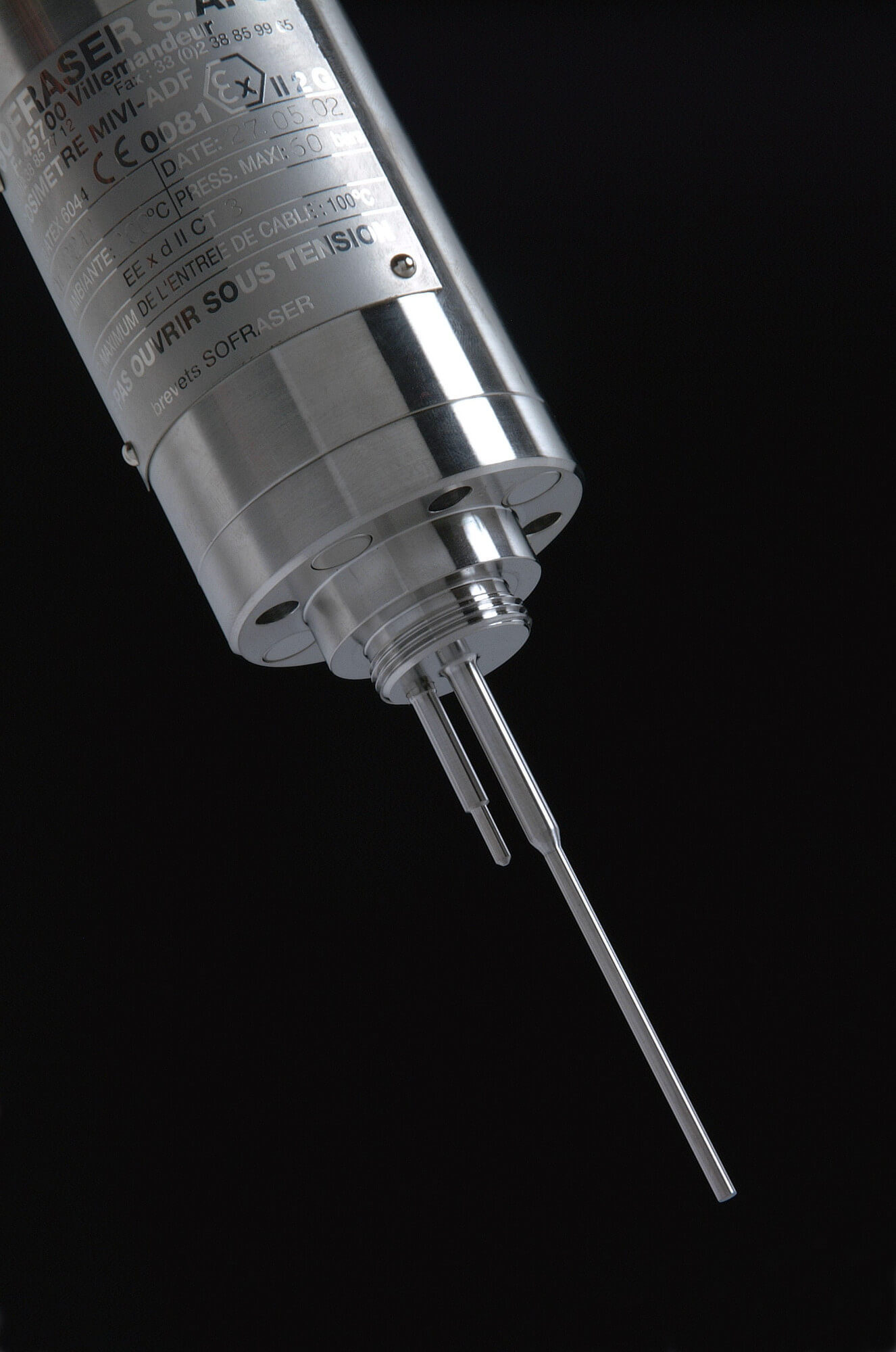Viscosity measurement polyurethane l Inventech
Polyurethane is one of the most versatile polymers. It is used as an insulation, coating, adhesive and rigid plastic material. Polyurethane can be produced in different forms: flexible and cross-linked foam, elastomer or as a coating.

